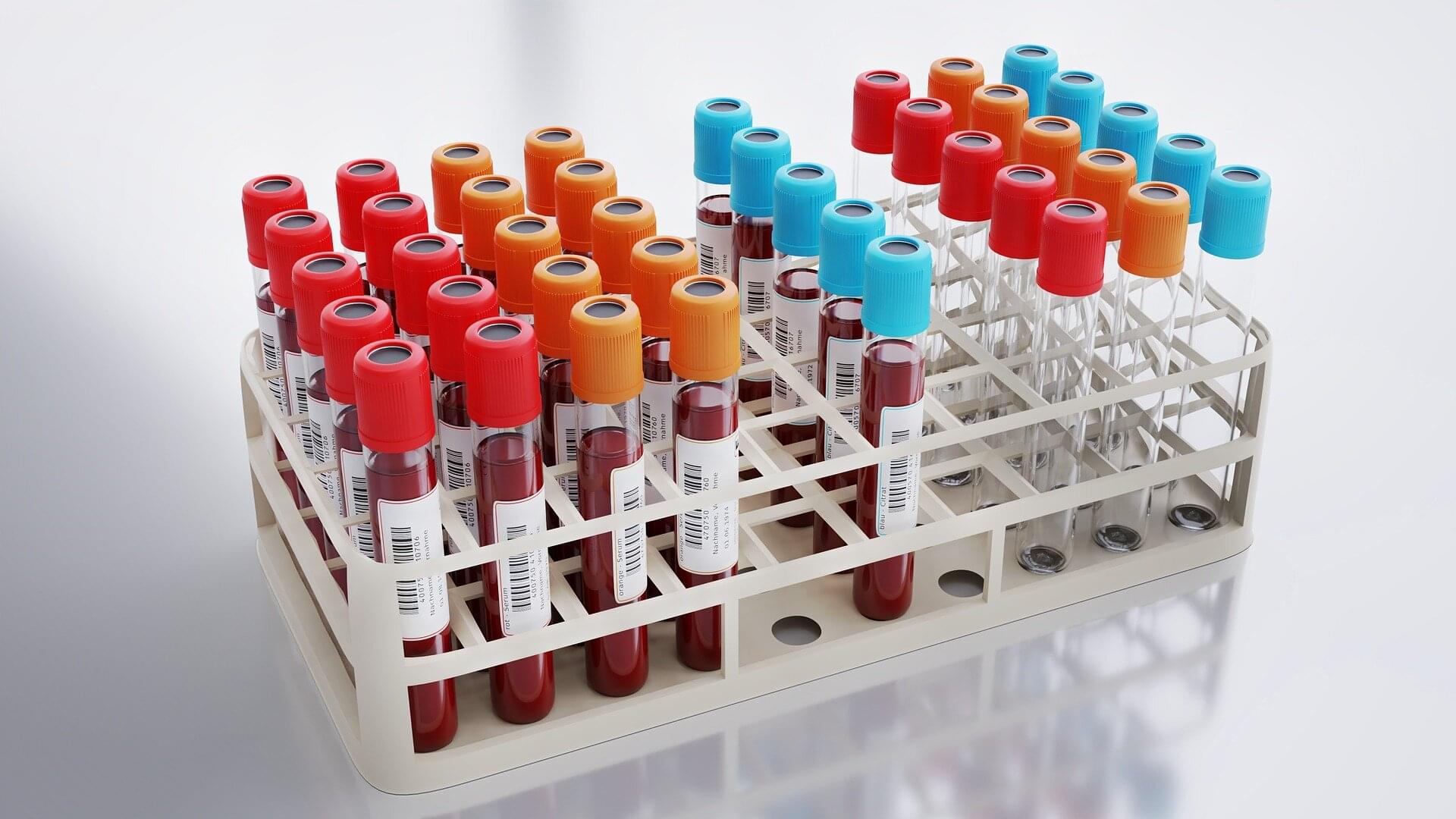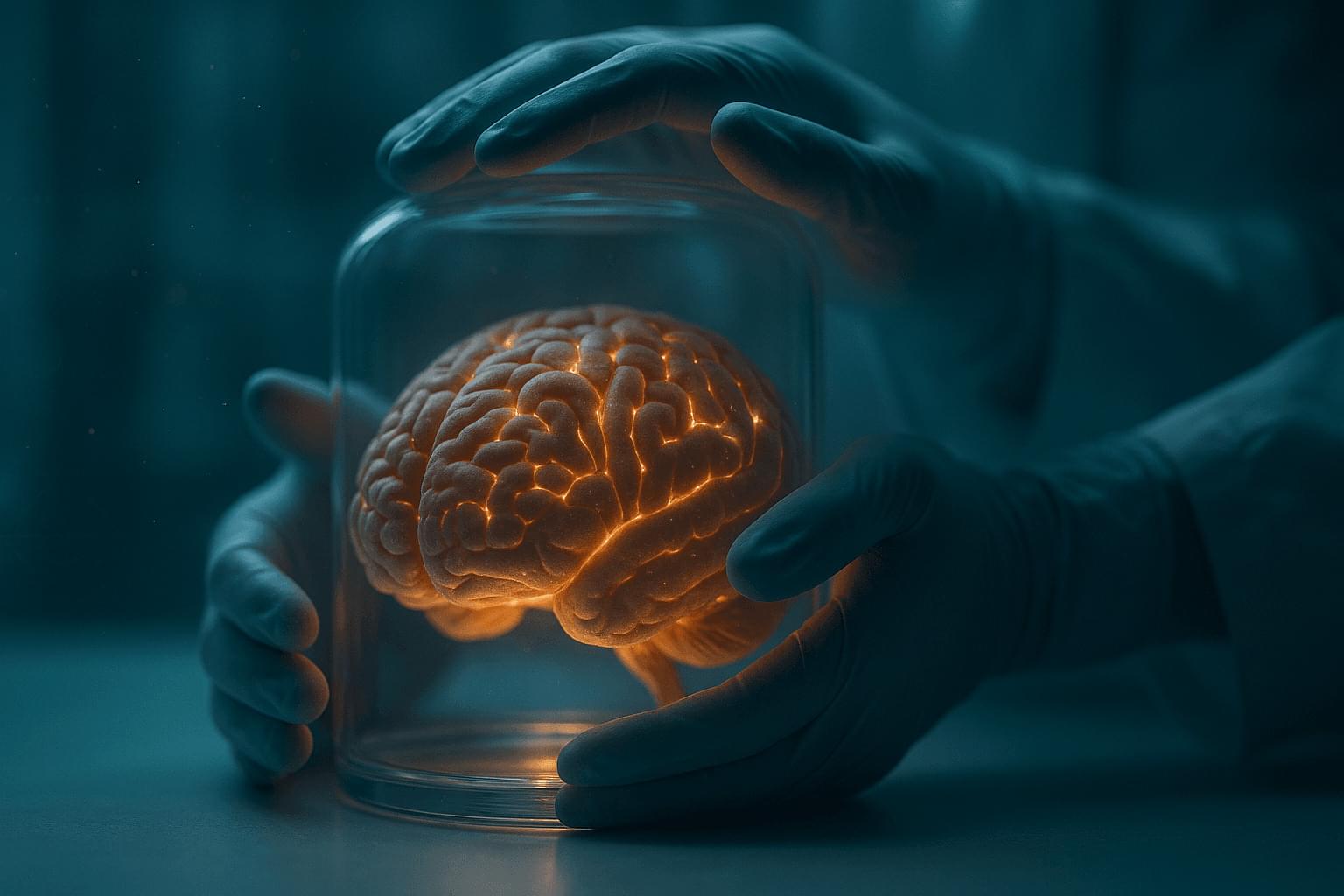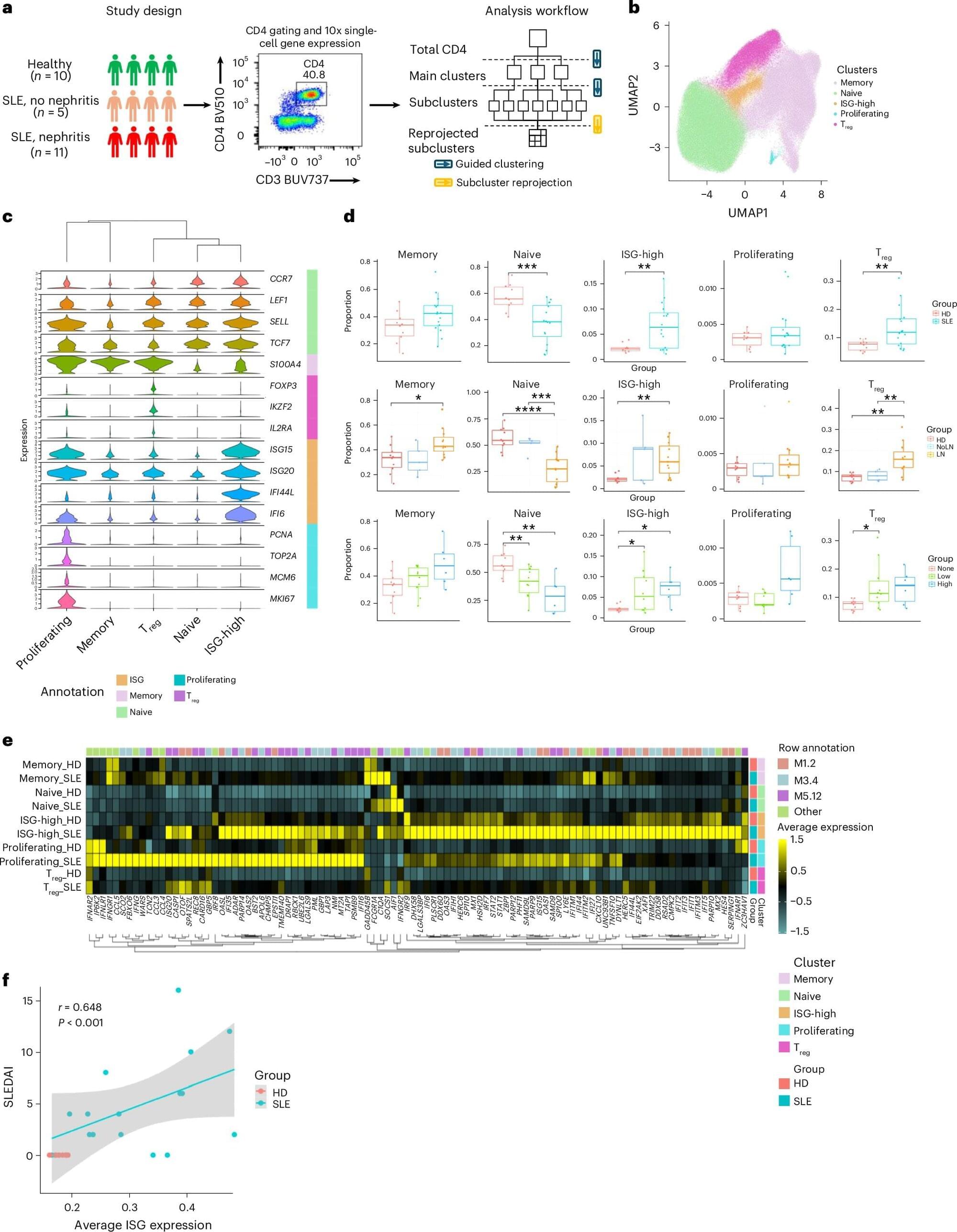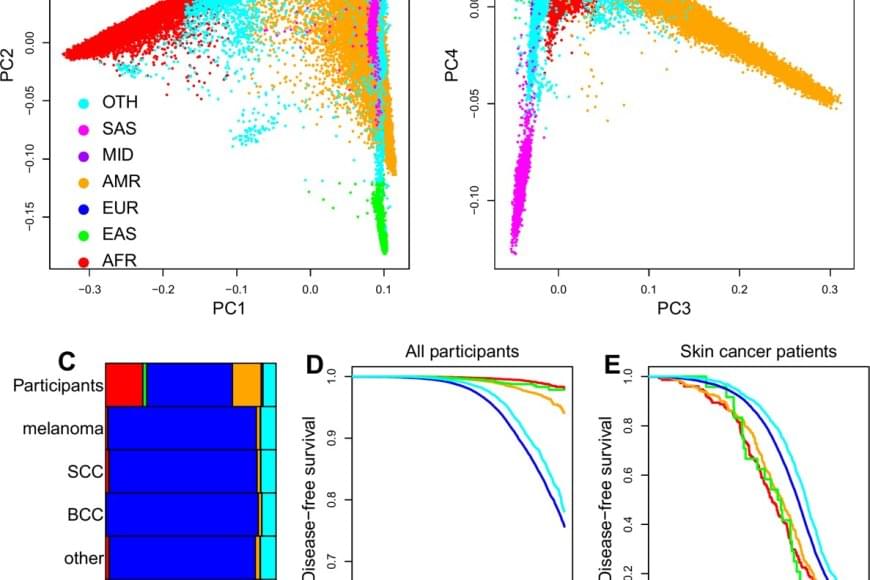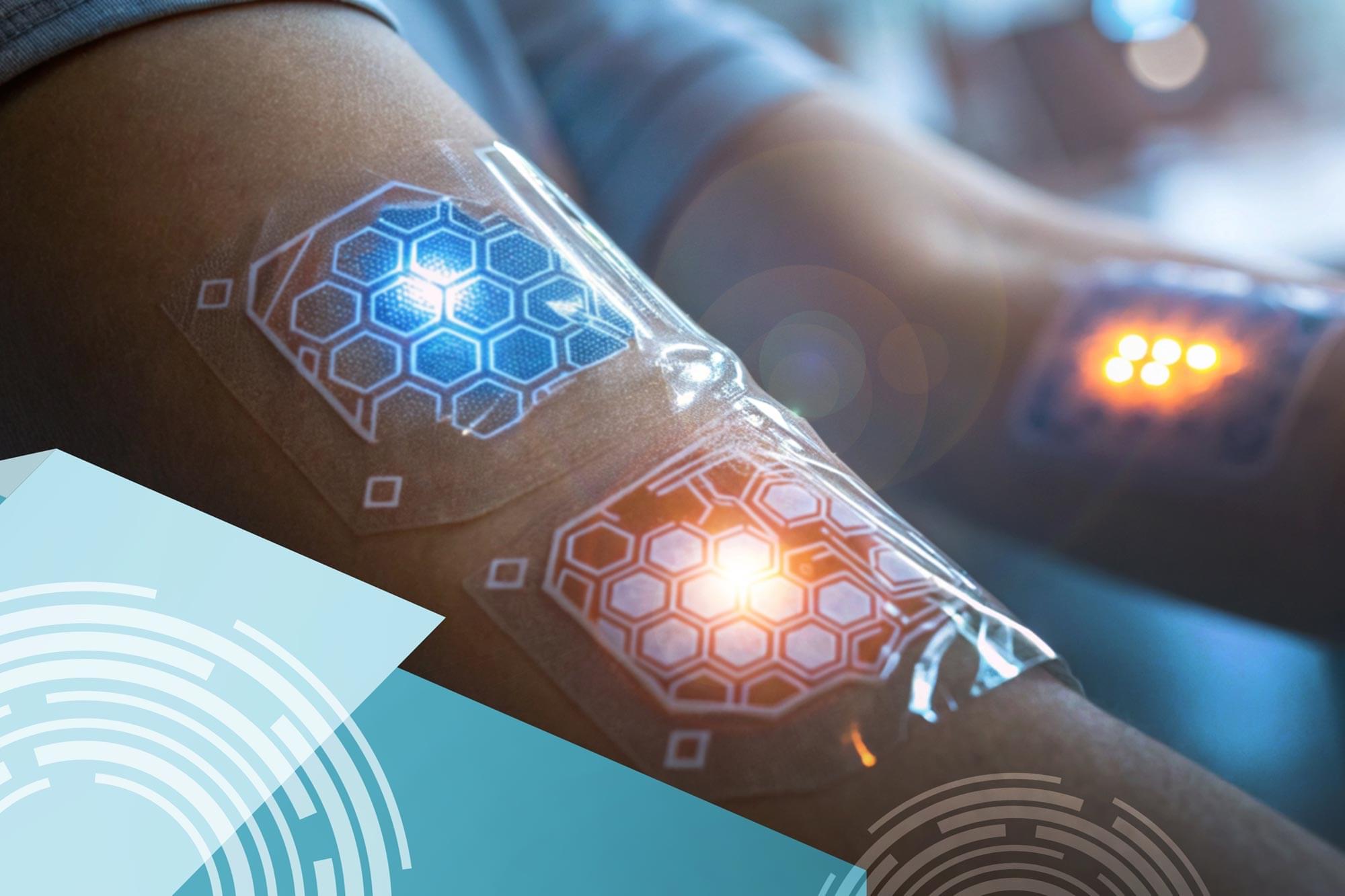The world’s first single-dose vaccine to prevent dengue fever has been approved for licensure in one of the largest countries affected by the disease, following 16 years of research contributions by scientists at the University of Vermont (UVM) Vaccine Testing Center, in partnership with the U.S. National Institutes of Health (NIH) and the Johns Hopkins Bloomberg School of Public Health (JHSPH).
Dengue is the most common mosquito-borne disease worldwide, with nearly half the world’s population living in places with the risk of dengue. Along with high fever and severe muscle and bone pain, the virus can lead to shock, bleeding, and death.
With more than 100 million cases reported annually, dengue poses a growing risk throughout the globe, including in the United States. Brazil recorded 5.9 million cases of dengue and more than 6,000 deaths in 2024.

